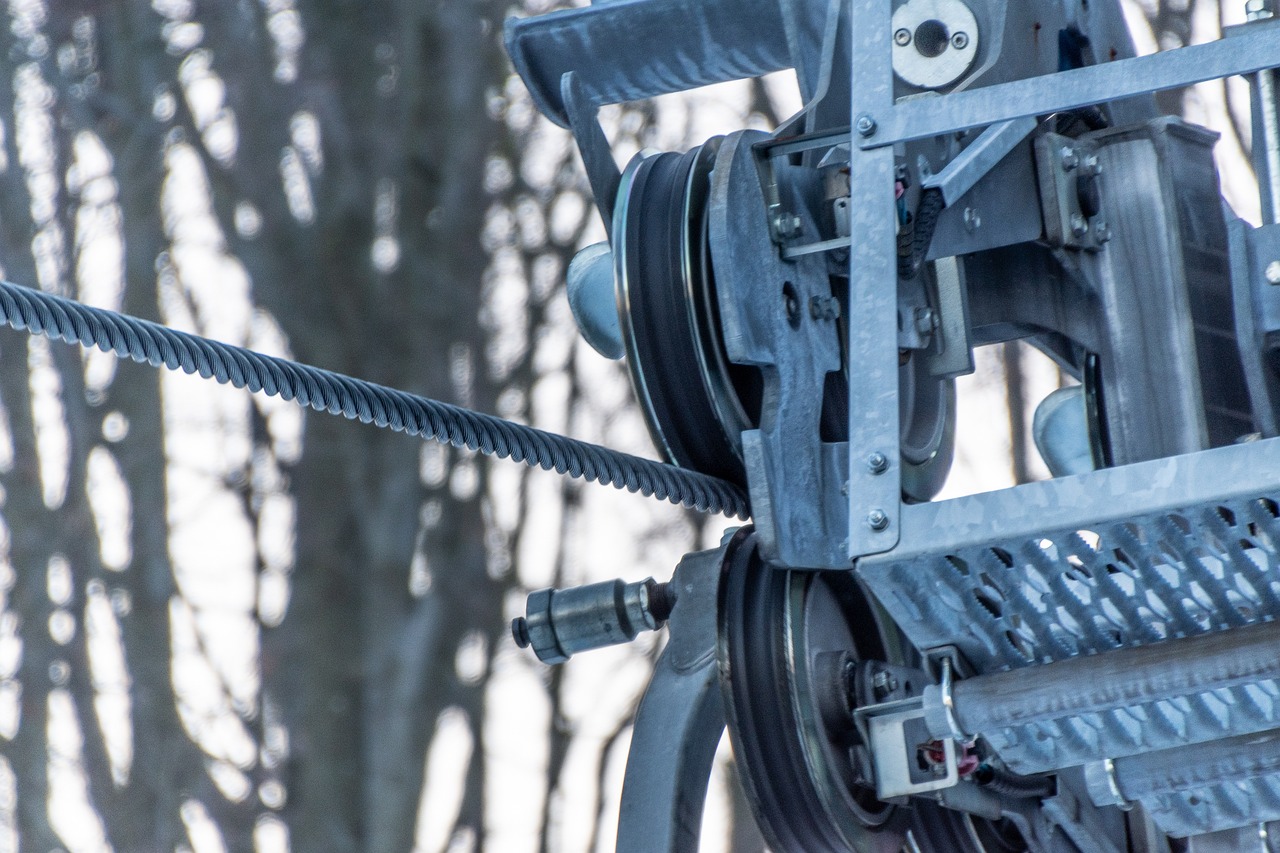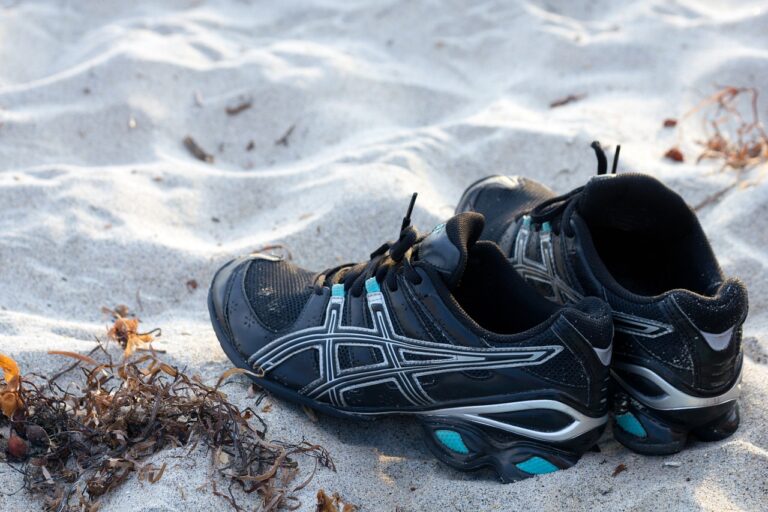Nutritional Considerations for IPL Athletes with Dietary Restrictions: 11xplay .com, Diamondexch999 sign up, Skyexchange
11xplay .com, diamondexch999 sign up, skyexchange: Nutritional Considerations for IPL Athletes with Dietary Restrictions
Being an IPL athlete requires peak physical performance, which largely depends on proper nutrition. However, what happens when you have dietary restrictions? Whether you’re vegan, vegetarian, gluten-free, or have other special dietary needs, it’s essential to find ways to fuel your body effectively while still adhering to your restrictions. In this article, we’ll explore some nutritional considerations for IPL athletes with dietary restrictions.
Balanced Diet
One of the most crucial aspects of sports nutrition is ensuring you have a balanced diet. This means getting a mix of macronutrients such as carbohydrates, proteins, and fats, as well as essential micronutrients like vitamins and minerals. For athletes with dietary restrictions, this may require a bit more planning to ensure you’re getting all the nutrients your body needs to perform at its best.
Protein Sources
Protein is essential for muscle repair and growth, making it a vital component of an athlete’s diet. Thankfully, there are plenty of plant-based protein sources available for athletes with dietary restrictions. Foods like beans, lentils, tofu, tempeh, quinoa, and nuts can all be excellent sources of protein for vegan or vegetarian athletes. If you’re gluten-free, opt for gluten-free grains like rice, buckwheat, or corn to meet your protein needs.
Carbohydrates
Carbohydrates are the body’s primary source of energy, making them critical for athletes, especially those competing in high-intensity sports like IPL. Whole grains, fruits, vegetables, and legumes are excellent sources of complex carbohydrates that can provide sustained energy for optimal performance. If you’re gluten-free, consider options like gluten-free oats, quinoa, and sweet potatoes to meet your carb requirements.
Fats
Healthy fats are essential for overall health and can also provide a source of energy for athletes. Avocados, nuts, seeds, and olive oil are all excellent sources of healthy fats that can be included in a diet with dietary restrictions. Omega-3 fatty acids, found in foods like flaxseeds, chia seeds, and walnuts, are particularly beneficial for reducing inflammation and supporting heart health.
Supplements
In some cases, athletes with dietary restrictions may need to supplement their diet to ensure they’re getting all the necessary nutrients. Consult with a sports dietitian or healthcare provider to determine if you need to supplement with vitamins or minerals like B12, iron, calcium, or omega-3 fatty acids. While supplements can be beneficial, it’s essential to prioritize whole foods whenever possible.
Hydration
Proper hydration is key for athletic performance, so make sure you’re drinking enough water throughout the day. Electrolyte-rich beverages like coconut water or sports drinks can be beneficial during intense training sessions or competitions. If you’re avoiding certain ingredients due to dietary restrictions, opt for natural electrolyte sources like bananas, dates, or homemade electrolyte drinks.
FAQs
Q: Can athletes with dietary restrictions still meet their nutritional needs?
A: Yes, with proper planning and guidance from a healthcare provider or sports dietitian, athletes with dietary restrictions can absolutely meet their nutritional needs.
Q: Are there specific meal plans available for athletes with dietary restrictions?
A: There are plenty of resources available online for meal plans tailored to specific dietary restrictions. Look for reputable sources and consider working with a professional to create a personalized plan.
Q: How can athletes with dietary restrictions ensure they’re getting enough protein?
A: Plant-based sources of protein like beans, lentils, tofu, tempeh, and quinoa can help athletes with dietary restrictions meet their protein needs. Consider incorporating a variety of protein-rich foods into your diet.
In conclusion, navigating dietary restrictions as an IPL athlete may require a bit more effort, but with proper planning and guidance, you can still fuel your body effectively for peak performance. Remember to prioritize a balanced diet, include a variety of nutrient-dense foods, and consider supplements or electrolyte-rich beverages when necessary. By making informed choices and working with professionals when needed, you can optimize your nutrition as an athlete with dietary restrictions.







